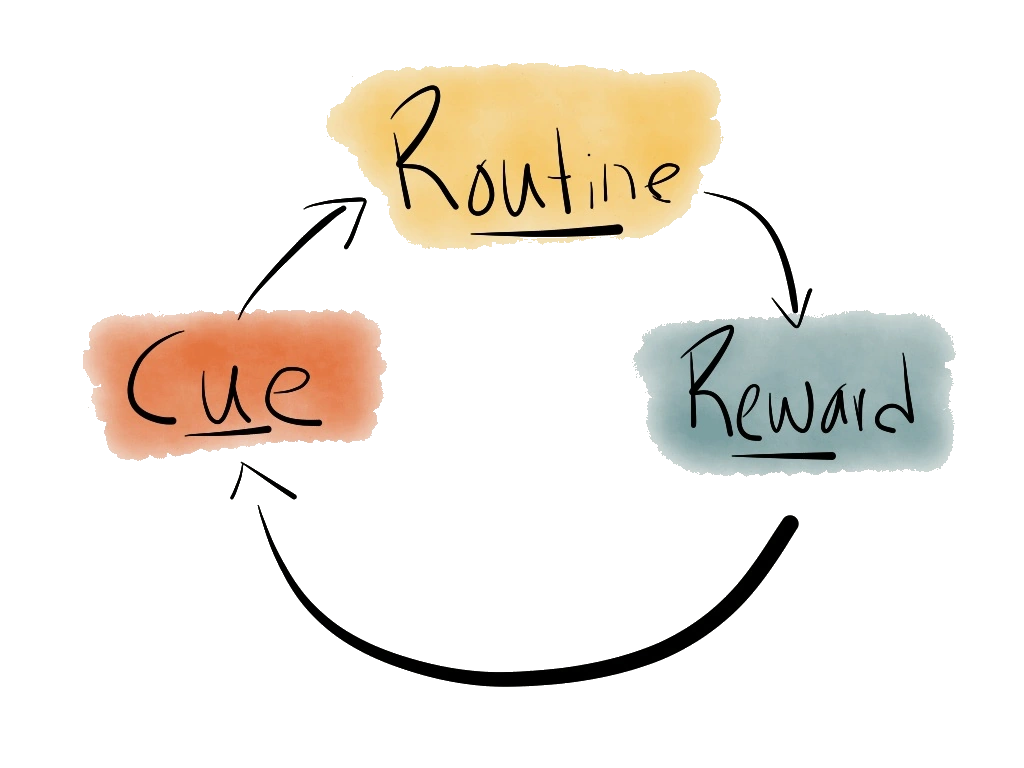Dallas Willard‘s understanding of the Beatitudes:
It will help us know what to do—and what not to do—with the Beatitudes if we can discover what Jesus himself was doing with them. That should be the key to understanding them, for after all they are his Beatitudes, not ours to make of them what we will. And since great teachers and leaders always have a coherent message that they develop in an orderly way, we should assume that his teaching in the Beatitudes is a clarification or development of his primary theme in this talk and in his life: the availability of the kingdom of the heavens. How, then, do they develop that theme?
In chapter 4 of Matthew we see Jesus proclaiming his basic message (v. 17) and demonstrating it by acting with God’s rule from the heavens, meeting the desperate needs of the people around him. As a result, “Sick folk were soon coming to be healed from as far away as Syria. And whatever their illness or pain, or if they were possessed by demons, or were insane, or paralyzed—he healed them all. Enormous crowds followed him wherever he went” (4:23–25 LB).
Having ministered to the needs of the people crowding around him, he desired to teach them and moved to a higher position in the landscape—“up on the hill” (Matt. 5:1 BV)—where they could see and hear him well. But he does not, as is so often suggested, withdraw from the crowd to give an esoteric discourse of sublime irrelevance to the crying need of those pressing upon him. Rather, in the midst of this mass of raw humanity, and with them hanging on every word—note that it is they who respond at the end of the discourse—Jesus teaches his students or apprentices, along with all who hear, about the meaning of the availability of the heavens.
I believe he used the method of “show and tell” to make clear the extent to which the kingdom is “on hand” to us. There were directly before him those who had just received from the heavens through him. The context makes this clear. He could point out in the crowd now this individual, who was “blessed” because The Kingdom Among Us had just reached out and touched them with Jesus’ heart and voice and hands. Perhaps this is why in the Gospels we only find him giving Beatitudes from the midst of a crowd of people he had touched.
And so he said, “Blessed are the spiritual zeros—the spiritually bankrupt, deprived and deficient, the spiritual beggars, those without a wisp of ‘religion’—when the kingdom of the heavens comes upon them.”
Or, “Blessed are the poor in spirit, for theirs is the kingdom of the heavens.” This, of course, is the more traditional and literally correct translation of Matt. 5:3. The poor in spirit are blessed as a result of the kingdom of God being available to them in their spiritual poverty. But today the words “poor in spirit” no longer convey the sense of spiritual destitution that they were originally meant to bear. Amazingly, they have come to refer to a praiseworthy condition. So, as a corrective, I have paraphrased the verse as above. No doubt Jesus had many exhibits from this category in the crowd around him. Most, if not all, of the Twelve Apostles were of this type, as are many now reading these words.
(Willard 99-101)
This is a fairly persuasive interpretation of the Sermon on the Mount. It is certainly a Biblical teaching, in the sense that in 1 Corinthians 1:18-31, Paul makes it clear that the gospel is for lowest of the low. But is it what Jesus/Matthew means to say? I’m not as sure as I used to be. Since the Sermon on the Mount is a presented as Jesus’ moral system, it makes sense that it would start with Jesus’ description of happiness. If I were Lutheran, I would take the “blessings” of the beatitudes as promises for believers. But the problem is that that genre of saying and the Greek word it begins with is almost always used to speak of virtues that naturally lead to specific consequences. The major counter-example is Luke’s version of the SoM in Luke 6, where the traits of the blessed are negative traits.
Works Cited:
Willard, Dallas The Divine Conspiracy: Rediscovering our Hidden Life in God(Harper Collins, 1997)
